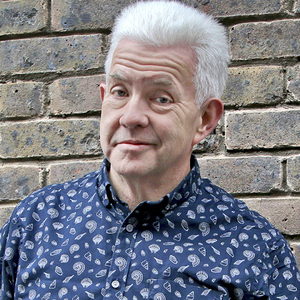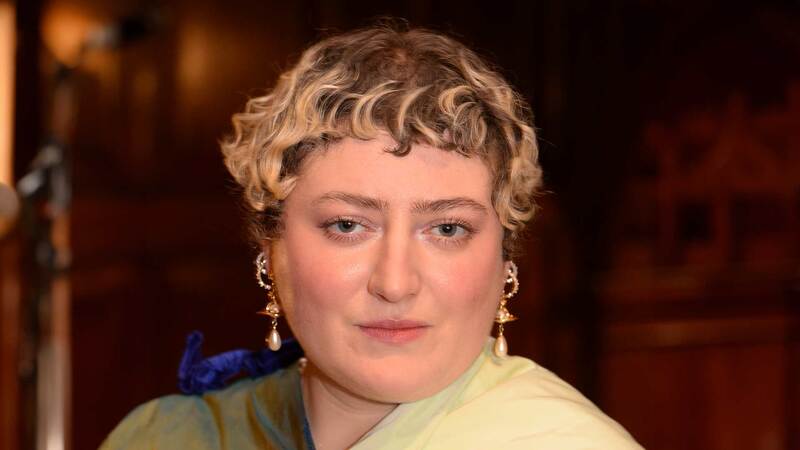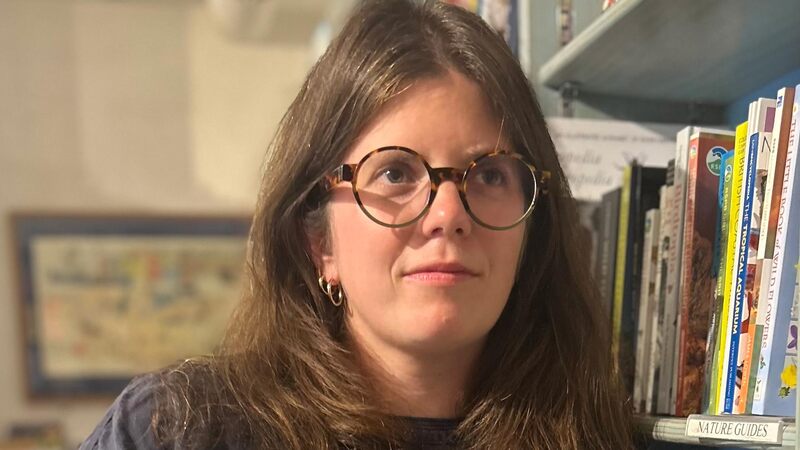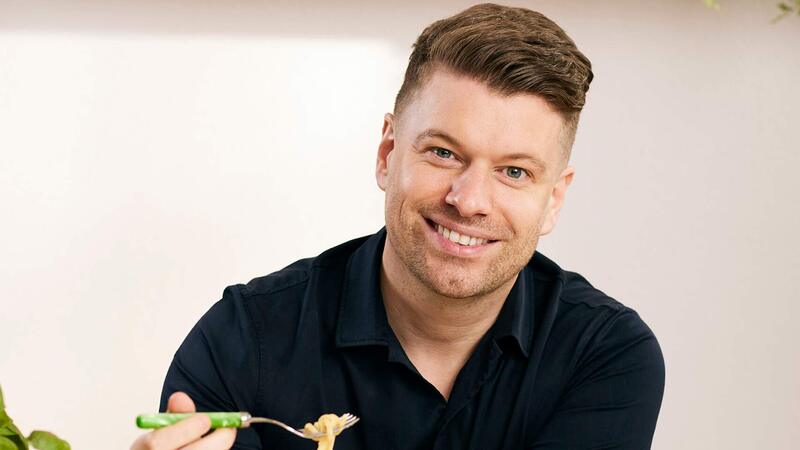You are viewing your 1 free article this month. Login to read more articles.
The long view: why I'm taking my time over my Covid masterpiece
Pandemic-related books are already rushing to market, but it’s no bad thing to take our time when it comes to big issues.
The two red lines appeared on the testing kit, and that explained why I’d been lethargic and why I’d been burping a lot. Burping hasn’t been listed as one of the symptoms of Covid: for me, it was the main one. That and feeling as old as Stonehenge. Or even Woodhenge. McHenge, that was me. And you can tell that, even as my burps rang out like corncrake-psalms, I was thinking about how to write about it; how to write a first-person column about it, or a monologue for a Zoom piece that might eventually leap out of cyberspace and tour to Fringe venues.
It’s just the thing we writers do, I guess; to paraphrase the great poet Hugo Williams, when something terrible happens to a poet they’re already working out where the line-break will go even before the terrible thing stops happening.
Later that evening I sat down and wrote the first draft of a poem that began with those two red lines. Somehow I could make some connection with the red lines and the double yellow lines at the side of the road and the lines on my furrowed brow when I tested positive. I wrote lines about the lines in my (unlined) notebook. Maybe I was on to something: the red lines, the yellow lines, the lines of the poem, the experience somehow moving in a straight literary line from event to poem.
And then I stopped writing halfway down a stanza because of the noise. The noise of writers all over the globe having the same idea, or variations on the same idea. Red Line Sonnets. Positive Haiku. Covid Cantos. And here come the writers of short-form prose pieces, not to be outdone: Covid Columns. Positive Op-Eds. Red Line Rants.
Maybe we writers should wait a little. Let the poems marinade; let the images grow in history’s greenhouse. Maybe the long view will be the best view
The noise begins as a rumble, as though a stampede is approaching from the next county but one. It builds and becomes louder and more machine-like, more all-encompassing. Suddenly it bursts all around me like the water from a shattered dam: Covid pitches flooding the market, swamping the outlets. My poem idea sails along beside loads of others in a flotilla of vaguely similar paragraph musings: How I Survived My Positive Test, How I Worked From Home When The Kids Were Working From Home Too, What Outfit Should I Wear For My Zoom Meeting?
Makes my poem idea look a bit shabby, a bit threadbare. A little past its pitch-by date.
Wait, there’s more: Here are more Lockdown Novel ideas, variations on a kitchen sink with a bottle of hand sanitiser at the side of the hot tap. Experimental pieces that try to re-create brain fog. Vividly political fictions that skate across real events carefully because the ice is thin between fiction and fact. Love stories where old flames are chucked together on a masked walk through a park; their eyes meet and something is rekindled. Ah, that first distant kiss! Here’s a detective who is recovering from Covid and pursuing a villain dubbed by the redtops The UV Killer, because they only seem to target unvaccinated people; good job the detective’s brain fog hasn’t misted up his deductive skills.
And still they keep coming: the graphic novel that’s both graphic and novel. The children’s book that’s guaranteed to make the little ‘uns think and the big ‘uns weep. The science fiction trilogy set on the planet where having Covid is the usual state of affairs and it’s the people who haven’t got it who are the dangerous ones and it’s the Emperor Thorg who holds the key to the future of the universe with his gold vial of antidotes that must never be opened; well not until halfway through book two and certainly not until the film rights have been sold. Here’s the musical scenario and here’s the opera treatment, both of them making much of the fact that, for a while, it looked like we’d never be able to sing in public again. And here’s the slim volumes of verse, some of them containing poems that make links between the red lines on the test and the yellow lines on the road.
And of course we’ve already had some splendid pandemic writing; the brilliant Ali Smith’s novel Summer, and Catherine Ryan Howard’s gripping lockdown thriller 56 Days. Gary Shteyngart sets Our Country Friends in the empty no-man’s-land of those days when we couldn’t go anywhere and we ended up talking to ourselves.
But maybe we writers should wait a little (I should certainly wait a little). Let the poems marinade; let the images grow in history’s greenhouse. Maybe the long view will be the best view. So I’m working hard on my book-length sequence; it’ll be a snapshot of the age, something that future historians will recommend if you want a poet’s eye view on the times we’re living through. I’ve got a title for my Covid slim volume: Positive/Negative. See you at the signing session in 2028; form a queue. Masked, of course.

















